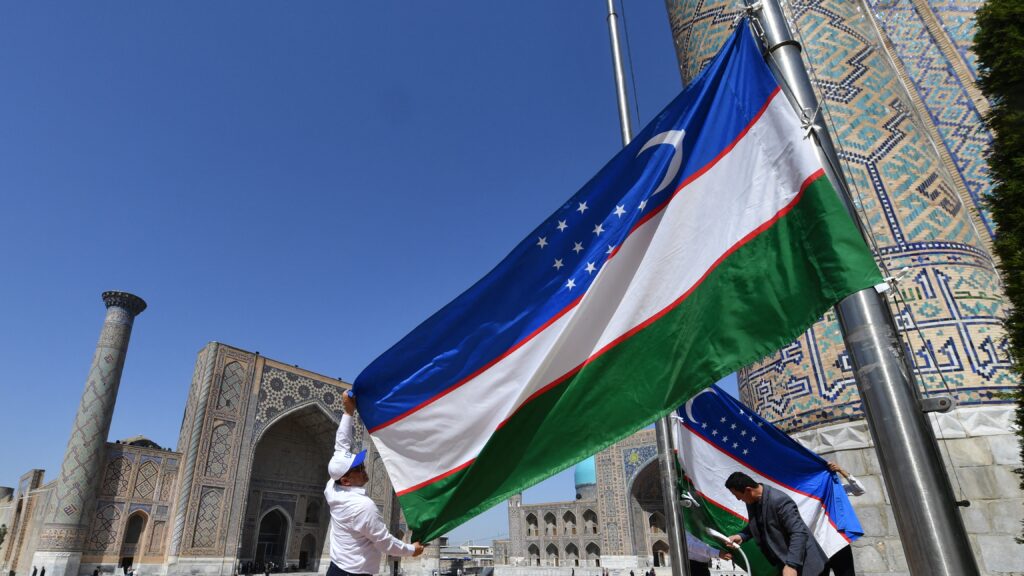What is a hussar cut? By definition, it is a ‘quick, decisive, surprising and at the same time reckless move, an all-in endeavour, an initiative, an action’. It is also the title of Balázs Orbán’s recently published book, which bears the subtitle The Hungarian Strategy for Connectivity. The political director of the Prime Minister has already held several book launches both domestically and abroad; therefore, his book is widely known in intellectual circles. However, it is essential to assess his concept’s main findings and potential weaknesses to understand its complexity while testing its reliability.
An Ambitious Venture to Characterize Hungarian Politics
Above all, Hussar Cut offers a manual for readers who try to understand the main paths of Hungarian politics. It touches upon topics like political economy, geopolitics, international relations, and foreign policy, which allows room for interpretation and describes a holistic picture of the government’s past fourteen years. Most importantly, Balázs Orbán accomplished something new that nobody had achieved in this period: he was the only top-level politician to write about the meta-strategy of governance in Hungary.
On the other hand, it can also be considered a book that lays down the principles for the future. It is both a description of what the government has achieved since 2010 and its aim in the long run. In other words, Hussar Cut puts into a broader perspective the policies that PM Viktor Orbán carried out in the recent decade. It is also a comprehensive analysis of international relations, with special emphasis on the currently changing world order. Balázs Orbán draws the conclusion that the changes of the international system have made a new strategy necessary for Hungary.
A World Order in Change?
The answer is yes, according to Balázs Orbán. Based on the academic literature, he outlines five possible scenarios about how the current international system will change. Although he suggests that the Western world order is in its last period, all the possibilities will likely come with a particular phenomenon: the revival of international blocks. As the subtitle already suggests,
Hungary strives for a strategy that is based on connectivity.
However, as he proves in the book’s first part, the world is going towards block formation, and he states correctly that Hungary cannot influence this process. With the great powers returning to the Cold War logic, countries with highly open and export-oriented economies are the biggest losers. Therefore, Hungary’s vital interest is to solve a situation by creating a decisive strategy as surprising as a hussar cut.
This hussar cut can be described as applying a keystone state attitude according to which states have a more significant impact on international relations (both regionally and interregionally) than one would expect, considering only economic, cultural or military strength. To oversimplify this concept, it means that a government is willing to take up such a role, namely to welcome FDI (foreign direct investment) and promote building strong economic ties. The author proves that the Hungarian government has been following this strategy recently. To illustrate this, Orbán states that the amount of FDI in 2022 was roughly equal both from the East and West (the proportions are 48 per cent and 42 per cent, respectively).
An Ambitious Initiative, But Can It Succeed?
Throughout his book, Orbán cites many sources and references to illustrate why Hungary needs to build strong economic connections. This also indicates the new foreign policy called Eastern Opening, which has been observable in recent years. However, this new shift does have downsides as well. As presented correctly in the book, there is a growing tendency towards bloc formation, as illustrated clearly by the US–China trade war in 2018. The keystone state attitude, potentially beneficial for Hungary economically, will likely cause even more heated diplomatic debates.
Based on Hungary’s unquestionable EU membership since 2004, one can easily assume that the country should follow the basic guidelines and principles of the union. Creating a strategy that explicitly goes against the overwhelming majority of the EU is bound to evoke arguments and may harm relations with close allies. Furthermore, it is not clear from the theoretical framework of connectivity whether Hungary would be able to maintain this separate path in its foreign policy (described by Balázs Orbán in detail) without being sanctioned by others—most importantly, by the US. Following this line of thought, one can be sceptical about the success of this strategy, mainly because
Hungary is a member of a community that arguably promotes an ever-closer union, particularly economically.
Therefore, parties need to resolve probable disagreements diplomatically in the future.
During most of the book launches Balázs Orbán has stressed that this book provides a thought-provoking theoretical framework for Hungarian strategic thinking. Accordingly, further discussion and clarification from academia or other think tanks could help to nuance the concept. First and foremost, it is essential to find out what Hungary’s room for manoeuvring is within the EU and NATO. On the other hand, empirical research would reveal whether the theoretical and practical aspects of the concept can be taken into account in the future. As presented above, there is still room for arguments from different viewpoints, and applying them would help the Hungarian foreign policy follow a highly beneficial strategy for Hungary.








